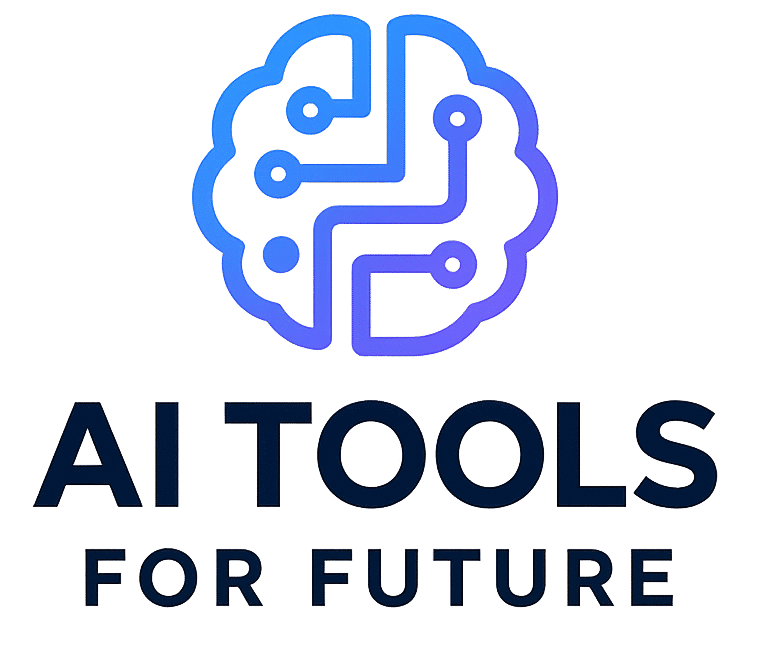
In a time is money world, business are continually challenged to be more efficient with the help of ai tools, cut cost and increase productivity. Cue: the rise of artificial intelligence (AI)—a disruptive force that’s enabling businesses to win back mission-critical hours each and every week. Because of automations that save time, simplify workflows and improve decision-making, AI tools are allowing businesses of all sizes to save 20+ hours every week or more — in many cases without hiring a single person.
Whether you’re a founder of a startup, owner of a small business or executive at an enterprise, integrating AI is not simply adding technology — it’s the strategic advantage.
Where Do Businesses Lose Time?
But we want to back up for a second and discuss where time is typically lost from the business side, beyond deployment of AI:
- Manual data entry
- Email management
- Customer support
- Scheduling and calendar coordination
- Document processing
- Market and competitor research
- Content creation and editing
- Inventory and supply chain monitoring
Each of these may be small, but in sum, they eat dozens of hours per week (especially on smaller or mid-sized teams). (The rise of AI tools can dominate or greatly reduce the time taken for such mundane tasks, too — freeing up humans for more strategic, creative and revenue-generating work.)

-
Automating Repetitive Administrative Tasks
The quickest wins for AI often revolve around using technology to automate mundane administrative duties. AI-based applications like Zapier, Make (formerly Integromat), or UiPath are able to automate, for example:
- Filing and categorising emails
- Updating CRM records
- Generating reports
- Sending invoices
- Syncing data between apps
With these automations in place, you can save 5–10 hours per week (that’s your time estimate depending on the complexity and volume of what you do every day).
-
Smarter Email and Communication Management
AI email helpers such as Superhuman, SaneBox, Google’s Smart Reply and Smart Compose can keep you from wasting dozens of hours by:
- Prioritising important emails
- Suggesting quick replies
- Drafting responses automatically
- Summarising long email threads
For busy professionals or groups in the midst of a crowded inbox, these tools can claw back 2–4 hours per week from general email exhaustion and decision fatigue.
-
AI-Powered Scheduling and Calendar Management
Booking meetings also used to require a series of back-and-forth emails that might drag on. Now tools such as Calendly, Clockwise and x.ai automate the process of scheduling meetings when all parties are available as well:
- Avoiding scheduling conflicts
- Suggesting optimal time slots
- Automatically blocking focus time
Only by reducing calendar mess can these AI tools save teams 1–3 hours a week.
-
Improving customer service with AI chatbots
AI Chatbots, like Intercom, Drift, Zendesk AI or Tidio can deal with 80% of the most frequent customer requests like:
- Order status updates
- FAQs
- Product information
- Basic troubleshooting
This could save customer support teams 5–10 hours a week, enabling faster response times to customers—resulting in happier clients and reduced churn.
https://aitoolsforfuture.com/customer-service-ai-agents/
-
Accelerating Content Creation and Editing
Time-Consuming Content Speculating about BoxLink’s coattails may help you from a content perspective. Applications such as ChatGPT, Jasper, Grammarly and Copy. ai can help teams:
- Write blog posts, emails, and product descriptions
- Edit and proofread content
- Translate or localise content
- Repurpose content for different platforms
Marketing and sales staff frequently claim to save 3–8 hours per week when AI is used to help in content workflows.
-
Inventory and Supply Chain Optimisation
AI tools such as ClearMetal, Llamasoft and Oracle SCM AI can be utilised by retailers and manufacturers in:
- Predict demand
- Optimise inventory levels
- Monitor supplier performance
Even small businesses will find that a few properly utilized AI tools will help them get back at least 20 hours per week and more.
Tips for Getting Started
1. Audit your current workflows
Spot the tasks that are most worthy of automation or augmentation.
2. Choose low-risk pilot projects
Begin with something easy to accomplish — sort your email, establish a schedule for your calendar, write content.
3. Pick user-friendly AI tools
Look for tools that do not require deep technical expertise and work seamlessly with your systems.
4. Train your team
It doesn’t mean much to have AI tools that work great when nobody on your team can figure out how to use them. The investment is worth it for a few brief training sessions or an onboarding guide.
5. Monitor ROI and scale
You should also track how much time is saved, how errors are reduced and user satisfaction. Once you’ve seen value, expand into other departments or use cases.
Final Thoughts
The AI tools are available to more than just tech giants. Small and large businesses alike will realize time savings from adding the hours that are lost on mundane, repetitive tasks. With the right combination of tools and strategy, teams can win back 20+ hours a week — and put those wasted hours toward inventing new things, chasing growth, and delivering value to their customers.
The future of work isn’t just faster — it’s smarter.




Pingback: Shadow AI in the Workplace: Hidden Risks & Opportunities in 2025 - AI Tools For Future